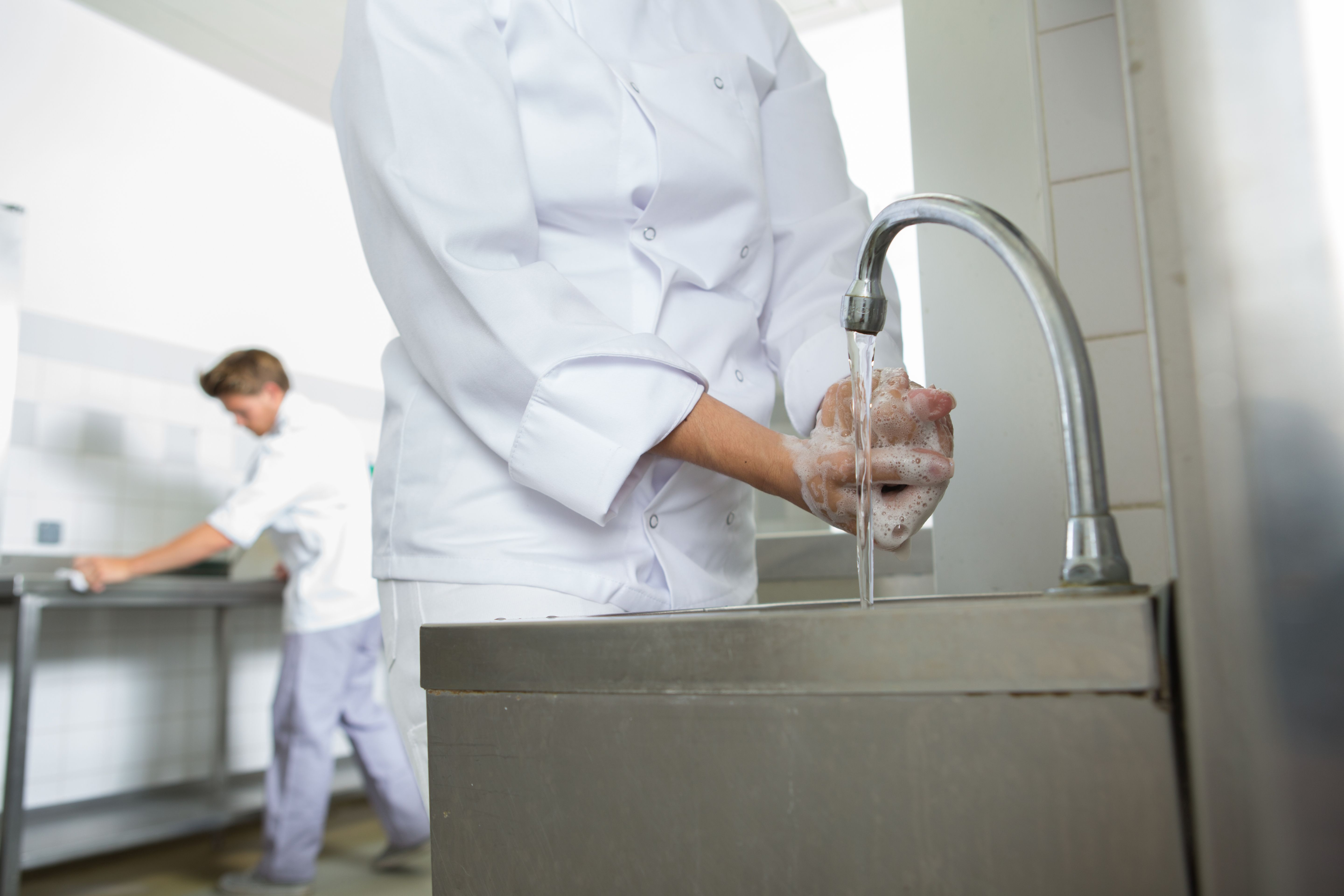Catering Service
Cleanliness, safe food handling, hygiene precautions and maintenance are important in residential aged care to ensure infection prevention and control is maintained.
All food service employees must adhere to the Food Safety Australia/New Zealand Food Safety Standards. For further information and guidance, refer to your local, national, state or territory authority.
Catering employees and all those who handle food within the facility must identify and manage food safety risks daily.
Cleaning
All surfaces, including floors, walls, and ceilings in each kitchen area, must be readily cleanable
All construction materials must be conducive to effective cleaning
All equipment used for food preparation and delivery must be cleaned effectively after each use, e.g. microwaves, stoves, trolleys, etc.
Maintenance
Any broken tiles, fixtures, or other broken building materials must be immediately reported to the maintenance manager. The maintenance manager will report to the manager or nurse manager for prompt repair
Lighting and ventilation must be satisfactory for working conditions and assist in maintaining high standards of hygiene
Ventilation must effectively remove fumes, smoke, and vapours
Any broken or damaged catering equipment must be reported to the maintenance manger for replacement or repair
Hand Hygiene Facilities
All food preparation  areas should have hand washing facilities with an adequate supply of warm water, liquid soap, and paper towels
areas should have hand washing facilities with an adequate supply of warm water, liquid soap, and paper towels
Ensure that waste bins are located in all food preparation areas, as well as adjacent to the toilet
Waste Disposal
Waste bins with close-fitting lids constructed of durable, non-corrosive, non-absorbent materials which can be easily cleaned will be provided
Disposable rubbish bags must be strong enough for the job required of them
Rubbish must be removed from the kitchen area at least twice a day
Rubbish should not be removed during food preparation/cooking hours
Rubbish must not be held overnight in the kitchen area
Pest Control
A regular pest control programme will be in place to prevent pests and vermin in kitchen and storage areas. The pest control programme should include
A documented procedure for regular inspections to assess the effectiveness of fly screens, doors, electric insect traps, etc.
Results of inspections should all be recorded
Documented locations of bait and insect stations
Employees must ensure at all times that food and equipment are not contaminated by the chemicals and pesticides used in the eradication of pests
Employees must immediately dispose of any food contaminated by pests
Food Safety Education and Training
All employees working in the kitchen will follow food safety regulations set by local, national, state and territory legislation
Employees in the kitchen should have regular training and education in infection and control practices